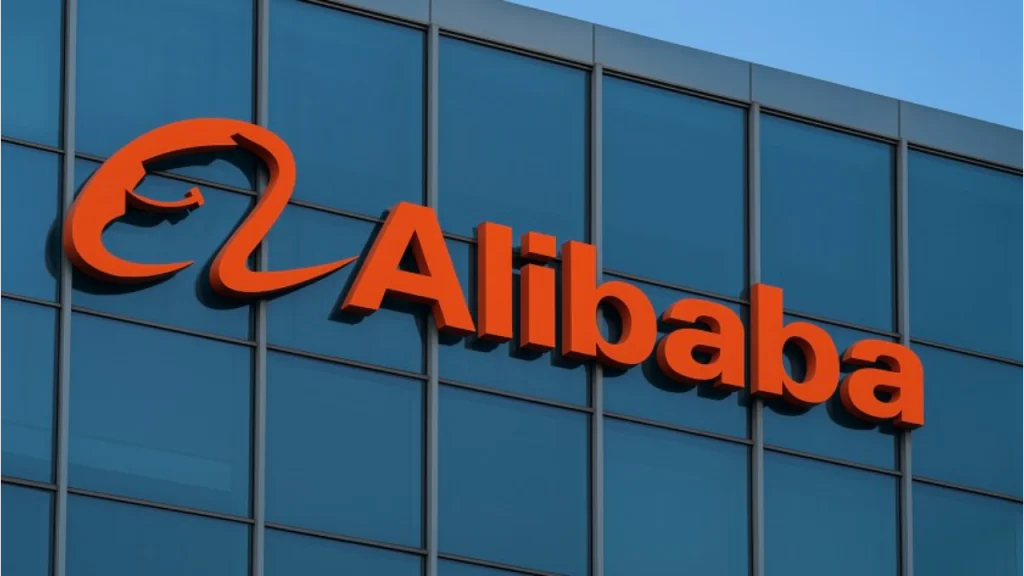- Alibaba unveils trillion-parameter Qwen3-Max language model.
- The company commits US$53.4 billion to AI infrastructure and cloud services.
What happened: Alibaba ramps up AI efforts with Qwen3-Max and Nvidia partnership
Alibaba is making strides in the AI field with the launch of Qwen3-Max, a new large language model with one trillion parameters. The tech giant has also pledged to invest RMB 380 billion (about US$53.4 billion) into AI infrastructure and cloud services over the next few years.
Alongside this, Alibaba has entered into a partnership with Nvidia, a US semiconductor leader, to enhance its AI capabilities. However, this collaboration has raised concerns in light of China’s push for self-reliance in semiconductor technology, as the country seeks to reduce its dependence on US suppliers.
Also Read: US tightens chip exports to Huawei and SMIC
Also Read: Alibaba agrees to pay $433.5M to settle security fraud class action
Why it’s important
Alibaba’s actions reflect a complex strategy. The company aims to advance its AI technologies through global partnerships like Nvidia, but also needs to address China’s broader goal of achieving chip sovereignty. This is critical in the context of ongoing geopolitical tensions, as China strives to secure its tech infrastructure from potential external disruptions.
The release of Qwen3-Max highlights Alibaba’s intent to compete globally, positioning itself as a leader in AI alongside other major players like OpenAI. However, Alibaba’s reliance on US technology for critical components, such as Nvidia’s GPUs, presents a challenge to China’s self-sufficiency ambitions.
This tension underscores the growing importance of technology sovereignty in global business strategy, especially amid escalating trade and tech wars.

